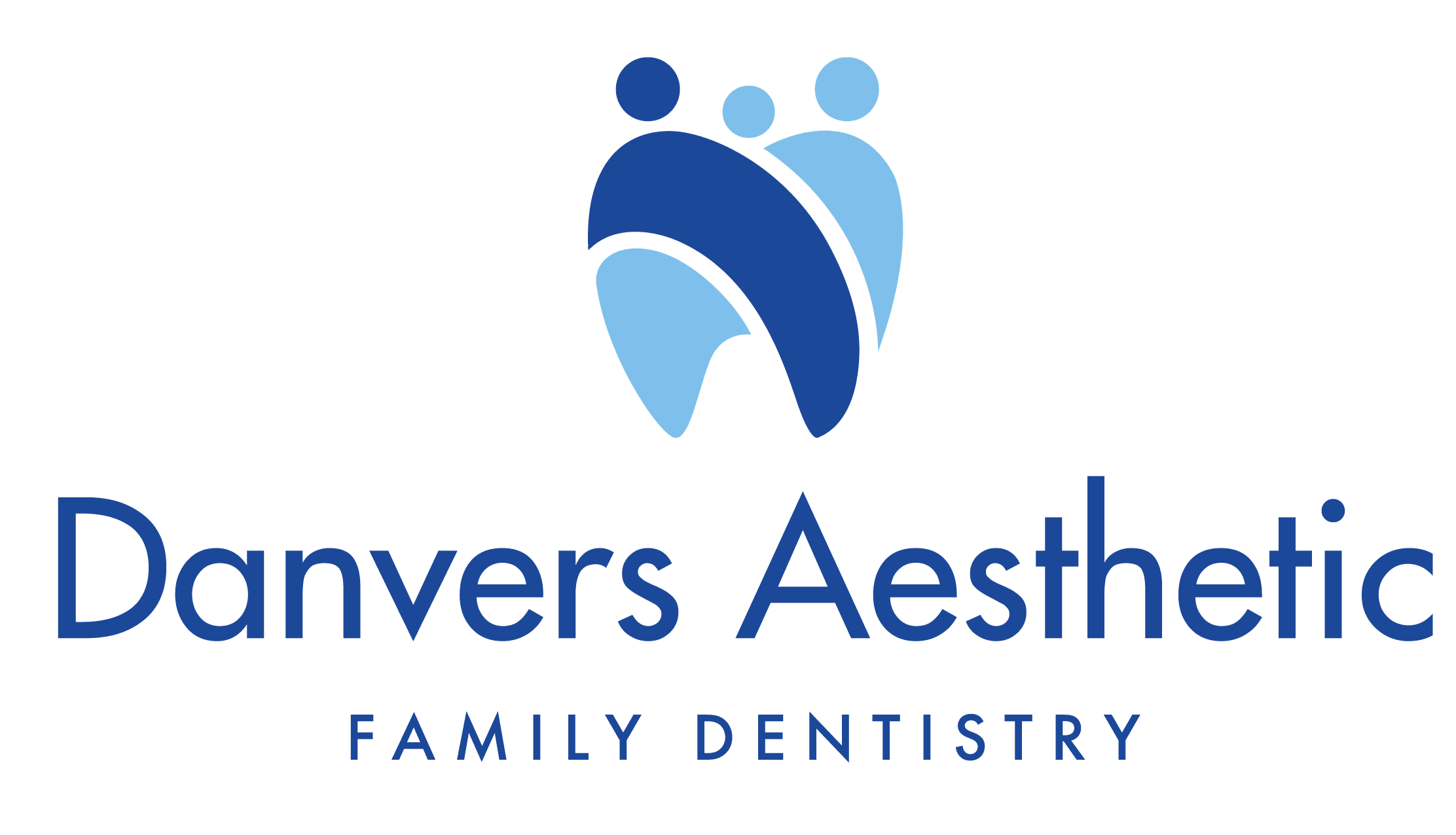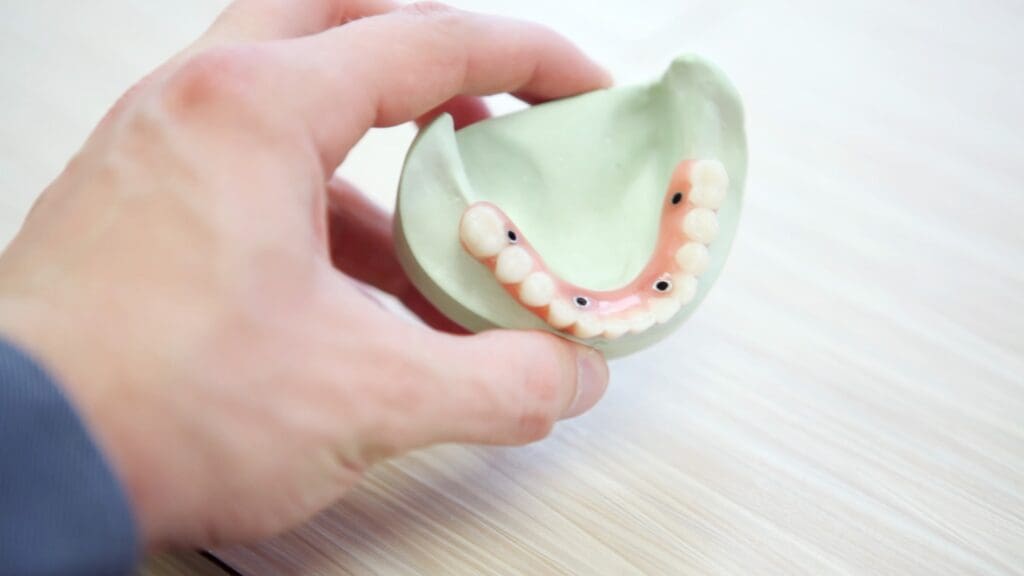Dentures are a standard solution for people who have lost their natural teeth due to age, injury, or decay. However, many people have concerns about the impact that dentures may have on their nutrition. The question is, can dentures affect your nutrition? The answer is yes, but it depends on various factors.
The Impact of Dentures on Nutrition
Dentures can affect your nutrition in several ways. Firstly, dentures can alter your ability to chew and swallow food. People who wear dentures may experience discomfort or pain while chewing, leading to avoiding certain foods essential for good health. This can result in a lack of vital nutrients, such as proteins, vitamins, and minerals.
Secondly, wearing dentures can affect the taste of food. This is because dentures cover the taste buds on the roof of your mouth, which can alter your sense of taste. This can cause you to lose interest in food, leading to a decreased appetite.
Thirdly, dentures can cause mouth sores or irritations, making it difficult to eat certain foods. This can lead to a limited diet, resulting in a lack of essential nutrients.
Factors That Affect Nutrition with Dentures
The impact of dentures on nutrition can vary depending on several factors, including:
1. Type of Dentures: The type of dentures you wear can affect your nutrition. For example, people who wear partial dentures may find it difficult to eat certain foods, while those who wear complete dentures may experience difficulty with chewing and swallowing.
2. Age: As we age, our teeth and gums naturally deteriorate, which can lead to the need for dentures. However, older adults may have difficulty adjusting to dentures, which can affect their nutrition.
3. Oral Health: The condition of your mouth can also affect your nutrition. People with poor oral health may experience more difficulties with dentures, which can lead to a lack of essential nutrients.
4. Diet: Your diet can also affect your nutrition with dentures. A well-balanced diet that includes foods rich in vitamins and minerals is essential for good health. However, avoiding certain foods due to denture discomfort can lead to a lack of essential nutrients.
Tips for Maintaining Nutrition with Dentures
While dentures can affect your nutrition, there are several tips you can follow to maintain good nutrition, including:
1. Choose Soft Foods: If you are experiencing discomfort while chewing, choose soft foods that are easy to chew and swallow, such as cooked vegetables, scrambled eggs, and soft fruits.
2. Practice Good Oral Hygiene: To prevent mouth sores and irritations, practice good oral hygiene, such as brushing your teeth and dentures twice daily and using a denture cleaner.
3. Use Denture Adhesives: Denture adhesives can provide additional support for your dentures, making it easier to chew and swallow food.
4. Visit Your Family Dentist Regularly: Regular dental check-ups are essential for maintaining good oral health and ensuring that your dentures fit properly.
Conclusion
In conclusion, dentures can affect your nutrition, but with proper care and management, you can maintain good nutrition with dentures. If you are experiencing difficulty with your dentures, speak to your family dentist, who can provide advice and support to ensure you maintain good nutrition and oral health.
Consult a family dentist regarding any concerns or issues you may be experiencing with your dentures. At Danvers Aesthetic Family Dentistry, you can trust our team of dental professionals to provide you with personalized care and guidance to help you maintain good oral health and nutrition. Contact us today to schedule your appointment.

